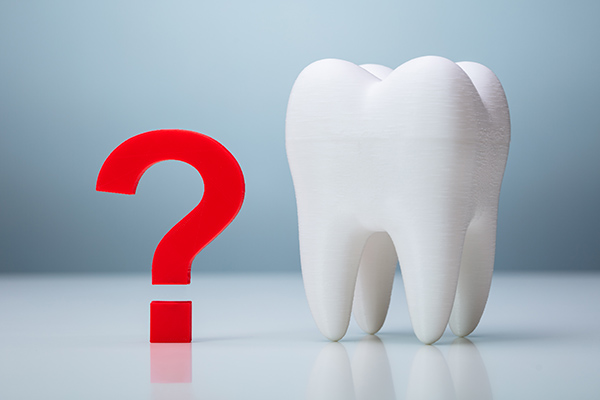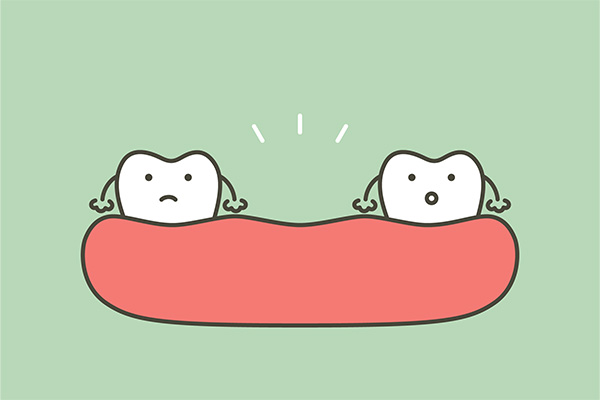 Preventative dental care involves keeping up with routine dental visits and recommendations, and it requires you to take an active role in your oral hygiene. Failure to do so can lead to plaque buildup and an increased likelihood of tooth decay, gum, tooth disease, and worse. The ADA recommends regularly flossing and brushing your teeth twice daily.
Preventative dental care involves keeping up with routine dental visits and recommendations, and it requires you to take an active role in your oral hygiene. Failure to do so can lead to plaque buildup and an increased likelihood of tooth decay, gum, tooth disease, and worse. The ADA recommends regularly flossing and brushing your teeth twice daily.
While you may not give a second thought to your toothbrush and toothpaste (maybe you use the same one you’ve used since you were younger), learning a little about picking the proper toothbrush and toothpaste could help improve your daily hygiene regimen and practice of preventative dental care.
Finding the right toothbrush
Toothbrushes come in all shapes and sizes, including differences in bristle firmness and softness. Admittedly, there is a lot of debate on whether one toothbrush is better than any other. The most agreed-upon aspect of the right brush is finding the right one for you. In other words, whatever toothbrush you feel most comfortable with is likely the one you are most likely to use regularly. This may involve experimenting with different types of brushes to find the one that is right for you.
Electric or not?
It is a common question: are electric toothbrushes better for you? With the push of a button, electric toothbrushes create a back-and-forth brushing motion, theoretically allowing deeper cleaning as you push the brush back and forth and up and down. There is no specific evidence that electric brushes are better, but many dentists feel that they are easier to use in the right way. In other words, there is less room for error in using electric brushes.
Bristles and shape
Traditional toothbrushes vary in bristle thickness/softness and shape. Again, there is no evidence that any specific shape or firmness is best. However, there is general agreement that softer bristles are safer. Some people tend to push down hard when brushing. If one pushes down hard with a very hard or firm-bristled brush, they could cause damage to tooth enamel. Beyond that, it comes down to what you are most comfortable with and most likely to use.
Finding the right toothpaste
There is much more evidence-based agreement on the right type of toothpaste. For example, the ADA suggests using toothpaste that contains fluoride, a chemical ingredient that helps to protect the enamel of your teeth and helps fight off decay. Essentially, it is one of the best ingredients for maintaining good oral hygiene. You can easily find fluoride-based toothpaste in most of the brands at your grocery or convenience store.
Beyond fluoride, certain kinds of toothpaste help specific types of people. For example, if you feel like your teeth have become too yellow or otherwise darkened, toothpaste with whitening agents may help address that issue. Other types of toothpaste are marketed towards people with sensitive gums (desensitizing toothpaste), or people worried about the buildup of plaque (tartar control).
Speak with your dentist today
It is a good idea to speak with your dentist about what toothpaste they would recommend. Understanding what you are doing with your daily routine can only aid you in exercising good preventative dental care.
Request an appointment or call Dentistry on Park, LLC at 781-443-8131 for an appointment in our Stoughton office.
Recent Posts
Preventative dental care is important for optimal oral health. It prevents bad breath, oral disease, tooth loss, among others.The enamel is the outermost part of the tooth. It is a white visible part above the gum. It is the part seen when you smile. The enamel is also the strongest layer of the tooth. It…
Preventative dental care refers to all the ways you can maintain the health of your teeth and gums, which will ultimately help prevent more severe issues down the road. One great way to provide this type of care is through treatments, including scaling and root planing, periodontal therapy, and laser gum surgery. The following are…
If you are looking to avoid having cavities, sensitive gums, or dental issues, your best bet is actively engaging in preventative dental care. Without regular dental cleanings, flossing, or rinses, you may be putting your dental hygiene at risk for things like gingivitis or even root canals. There are several healthy habits that you can…


